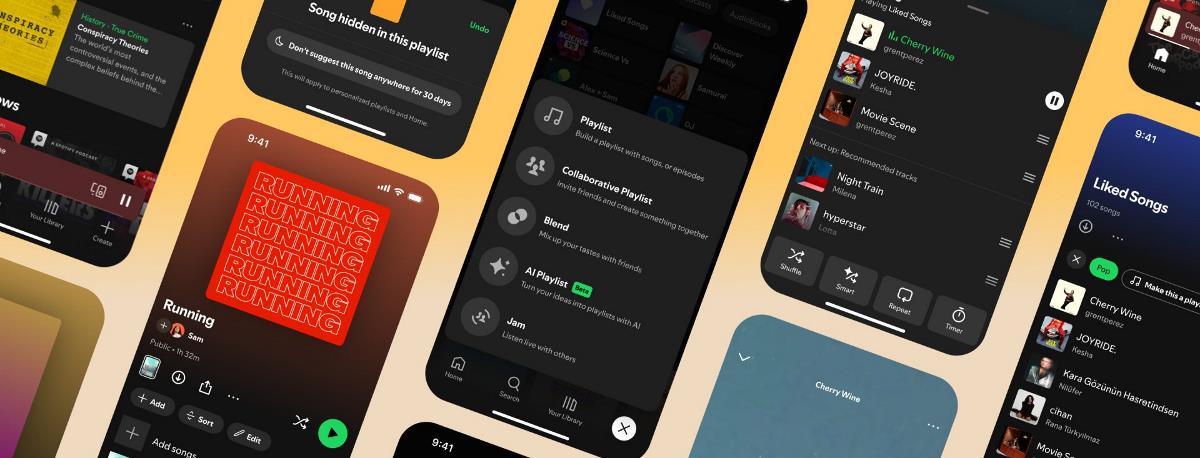FTC v. Meta antitrust trial: Meta says it is not a monopoly
The antitrust trial between the U.S. Federal Trade Commission and Meta has begun. And Facebook's parent company has denied that it is a monopoly.
As The Verge writes, the FTC had dragged Meta to the court in 2020, but the case was initially thrown out. But the U.S. Government had provided the judge with more details, after which he allowed an amended version to proceed. Meta was accused of illegally monopolizing the "personal social networking services" market by acquiring Instagram and WhatsApp. The FTC is said to be pushing to break up the company, demanding that both WhatsApp and Instagram should be split from it, which is reminiscent of what the Department of Justice wanted to do with Google Chrome and Android.
Meta has rejected FTC's antitrust claims that could potentially spell disaster for its services. As part of its defense strategy, the company has turned to Apple’s Messages app, asserting that the presence of significant competition invalidates the notion of a monopoly in the messaging sector. This argument was unveiled in prepared statements as part of the ongoing legal proceedings.
Meta highlighted comparative data showcasing weekly device usage statistics, placing Apple’s Messages app against its own services on iOS platforms. The figures, which showed that Apple Messages holds an 88.39% usage share, while Instagram has 48.19%, Facebook Messenger 37.55%, and WhatsApp had a near-equal share at 36.76% of users. This illustrated that the messaging landscape is not exclusively dominated by Meta, as Apple's iMessage boasts a strong user base.
9to5Mac reports that Ronak Shah, Director of Product Marketing at Apple, reinforced this viewpoint by designating a “core use case” of iMessage as facilitating communication among known contacts—implying a differentiation between standard messaging and personal social networking.
In an effort to further bolster its case, Meta also pointed to formidable competition from platforms such as TikTok, YouTube, and Snapchat. The tech giant argues that the FTC’s classification of “messaging” as distinct from “personal social networking” fails to reflect the dynamic nature of the digital communication landscape. By doing so, Meta seeks to dismantle the FTC’s perspective that could otherwise pin down the company as a monopolistic entity.
As the case unfolds, industry observers are keenly watching how Meta's use of Apple’s competitive positioning will influence the FTC's decision-making. The implications of this legal battle extend far beyond the courtroom, potentially shaping the future of social media and messaging platforms across the board.
RECOMMENDED NEWS

TunnelVision attack against VPNs breaks anonymity and bypasses encryption
Researchers from Leviathan Security have discovered a new vulnerability that affects virtual privat...

Flora Introduces AI-Powered Infinite Canvas for Creative Professionals
Flora, an innovative startup founded by Weber Wong, has unveiled an AI-powered platform designed to...

Far Cry Multiplayer Game 'Project Maverick' Undergoes Development Reset
Ubisoft has reportedly restarted development on an unannounced live-service project set in the Far ...

Microsoft celebrates its 50th anniversary with a free set of Windows Wallpapers and digital goodies
Bill Gates and Paul Allen founded Microsoft 50 years ago on April 4th, 1975. While the two may have...

Spotify's new snooze button will remove songs from your recommendations for a month
Spotify is rolling out a series of updates to enhance the user experience, particularly for Premium...

OpenAI releases GPT-4.1 and GPT-4.1 mini AI models for ChatGPT
OpenAI has announced that ChatGPT users can now access GPT-4.1 and GPT-4.1 mini AI models. The good...
Comments on "FTC v. Meta antitrust trial: Meta says it is not a monopoly" :